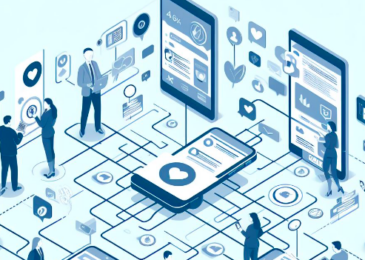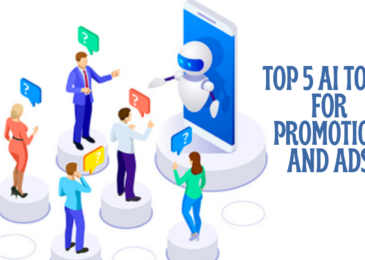Web-based tools are opening up incredible new opportunities for connection, collaboration and education in many arenas. Health care is one of the fields that stands to be strongly and positively affected by web-based tools, including social media and interactive smart device apps (applications) that can help patients and providers stay connected in between checkups. There are the inevitable concerns about privacy and risk management to overcome, but there is no denying the power and impact that the web and social media tools are already having on the field of healthcare. Here are some exciting new benefits that can come from accessing health-care-based social media tools as well as some risks you may want to be aware of.

The “Big Five” Health Care Technologies
Frost & Sullivan, a leading health industry analyst and development firm, reports that five emerging technologies show unprecedented potential to transform the health care industry throughout the Asia-Pacific region in years to come.Any or all of these “big five” growth areas offer exciting career opportunities for graduates of a mph program online or similar health-care-based advanced degree program.
- Cloud-based services. Cloud-based services allow the use of wireless monitoring technology and patient/provider information sharing worldwide.
- Analytics. Better analytics for what analysts are calling “big data” show great promise for forecasting trends and patient outcomes across the health care industry.
- Visualization tools. Visualization in this context refers to the development of advanced imaging technology to aid in diagnostics and prevention.
- M2M (machine to machine). Perhaps the best-known example of M2M technology is Bluetooth, but there are many other technologies being developed specifically for use in health care as well.
- Social media. Social media isn’t just for marketing and advertising anymore. Rather, it is a powerful tool for health education and patient care, reform and advocacy efforts, data gathering and more.
The Impact of Social Media in Health Care Today
In the past, concerns over risk management and privacy may have held treating professionals back from engaging in direct social-media-based dialogues with other providers, patients and the greater community. A number of factors are responsible for changing this, including better risk management protocols and internet security solutions. There are both benefits and risks to using social media in the health care arena, but to date the benefits are showing themselves to far outweigh the risks in terms of overall benefits to the health care industry.
Social Media in Health Care: Risks
There are several known risks associated with the increased use of social media in health care, including the following.
- Sharing of patient information in a non-HIPAA compliant way.Great care must be taken not to share confidential patient data irresponsibly over social media. This is perhaps the number one barrier to entry for providers concerned about rising malpractice insurance premiums.
- Liability concerns for physicians on social media.Providers in particular must be cautious not to share information about procedures or consultations — even anonymously — because of risk that patients may be identified through other details.
- Inappropriate patient/doctor relationship boundaries. For providers who use social media tools for personal as well as professional interactions, it is important to maintain professionalism when interacting with patients and fellow providers.
Social Media in Health Care: Benefits
These three benefits are considered to form the strongest argument for continued use of health care-based social media tools.
- The ability to harness social media data for public health uses.In disaster or emergency situations, social media has already proven itself to be an incredibly useful tool to immediately update large groups of people with important health announcements.
- Quick physician/PA/NP availability without appointment.Providers and patients alike have already found social media invaluable in being able to quickly address patient concerns without having to schedule an in-person appointment.
- The ability to “crowdsource” other medical professionals.As the health care industry as a whole moves increasingly towards a “team-based” consultation and treatment model, social media provides a near-instantaneous tool to do what is called “crowdsourcing” — seeking consultation and input from other professionals in diagnosing and treating patients.
It will be interesting to see how the use of social media tools in health care continues to unfold in months and years to come. However, one fact is already certain: Health-care-based social media is definitely here to stay.
About the Author:Andy Cheng is studying for his masters of public health. He wants to become a community health educator. With his twin passions for health care and technology, he hopes to bring communities together using web tools.






